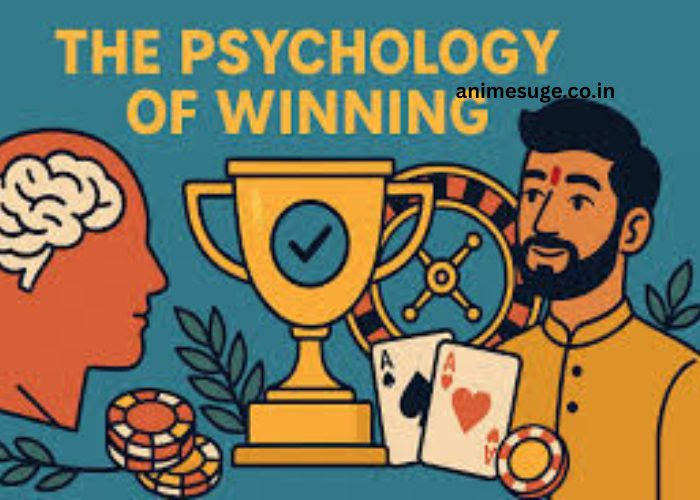Luck-based games have become a daily reality for millions in India. The appeal is more complex than simple hope for a win: it’s shaped by tradition, social surroundings, brain chemistry, and current trends in digital entertainment.
Why People Play: Not Just About Prizes
Participation in luck-based games is driven by clear, practical motives. For most, it’s not the dream of a jackpot—people play for quick excitement, the social aspect of shared games, and easy access via mobile apps. Traditional rituals and family habits often introduce risk-taking early, making luck-based play feel familiar. Personal beliefs in lucky charms or numbers also keep players coming back.
Key motivators:
- Thrill of unpredictable results
- Family and festival traditions
- Escape from stress
- Simple access on mobile
- Belief in personal luck
Community and Social Influence
Friends and relatives play a huge role: when gambling is accepted or encouraged, newcomers feel safe to try their luck. Micro-communities—whether offline or on WhatsApp—share tips, superstitions, and stories about winning streaks.
When online platforms make gaming easily accessible, participation spreads faster. This social proof means that even cautious individuals get drawn in—sometimes out of fear of missing out.
The Pull of “Luck” and Personal Control
Indian players cite “being lucky” as a real trait. It gives a feeling of control, especially when outcomes are random. Many hope they’ll hit a rare win simply because they believe in auspicious days, personal charms, or lucky numbers. These beliefs can outlast logic, keeping players at the table or online long after multiple losses.
Regulatory Environment and Digital Shift
The growth of online gaming has made luck-based games more visible and reachable. Laws vary by state: some are strict, others allow digital betting freely. Self-regulation by platforms is growing, with user protection and identity checks becoming standard. Responsible gaming is promoted, but practical enforcement depends on local habits and tech adoption. Apps for quick access—such as those offering plinko game real money download—make participation easier than ever for new and returning players.
Psychological Risks and Signs
Luck-based gaming is rarely just harmless fun when boundaries fade. Most players set informal limits and exit, but a small percentage develop harmful patterns. Problem gambling often emerges gradually, and psychological risks can impact relationships, finances, and daily wellbeing.
Personal stress and boredom are common triggers; a game offers quick distraction, but repeated losses may escalate tension instead of relief. Social withdrawal can follow, as some individuals conceal their betting or avoid talking about losses.
Warning signs are straightforward but sometimes hard to notice in digital environments:
- Regularly chasing recent losses with bigger bets
- Hiding gaming activities or financial impact from friends and family
- Missing work, social events, or studies due to gaming focus
- Fixating on “one last try” or planning next bets even after quitting
- Neglecting basic routines—sleep, meals, commitments
Long-term gambling harm may include anxiety, depression, and increased risk of financial stress. When addiction sets in, players struggle with impulse control and may lose sight of their original limits.
Local Perspective
Local customs and modern technology continue to shape how Indians approach luck-based games. Rituals, festivals, and group play provide social context and make game participation routine for many, while smartphones and online platforms have made access nearly universal.
Moving forward, tighter legal restrictions are changing the market: recent bans on real-money gambling and more robust player protections are pushing growth toward safer formats like social games and esports. Future development will focus on responsible play and new entertainment models that balance tradition with security.
Verdict
Luck-based games have deep roots in Indian society, blending timeless rituals with new technologies and shifting legal boundaries. Their appeal lies in quick thrills, social connections, and personal beliefs—factors unlikely to disappear as digital entertainment evolves.
Going forward, the industry faces a new era: stricter laws and improved safety measures will steer players toward healthier habits and alternative formats, ensuring that excitement and tradition endure in more secure environments.
